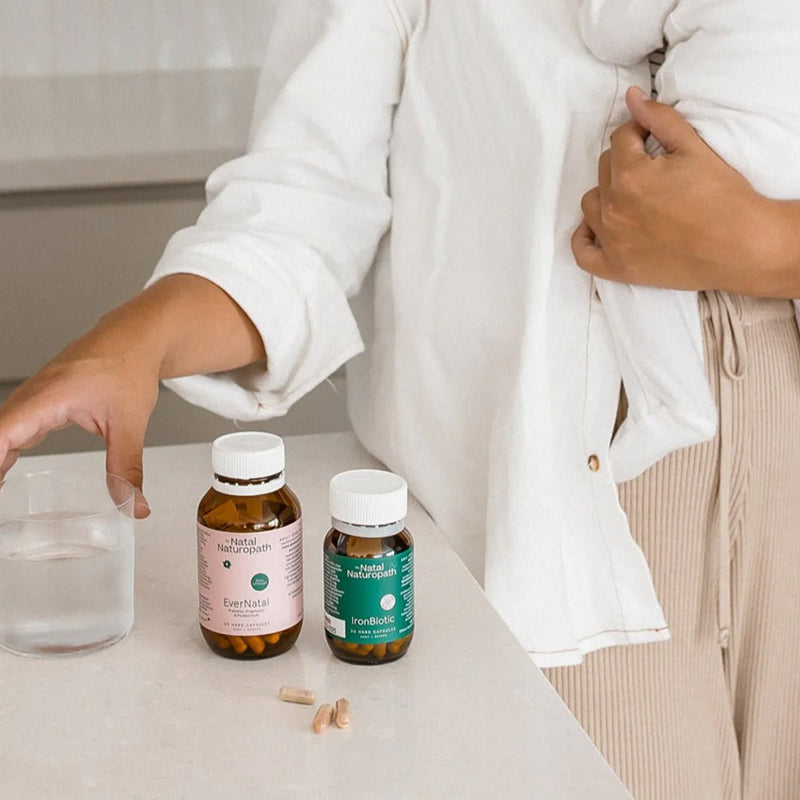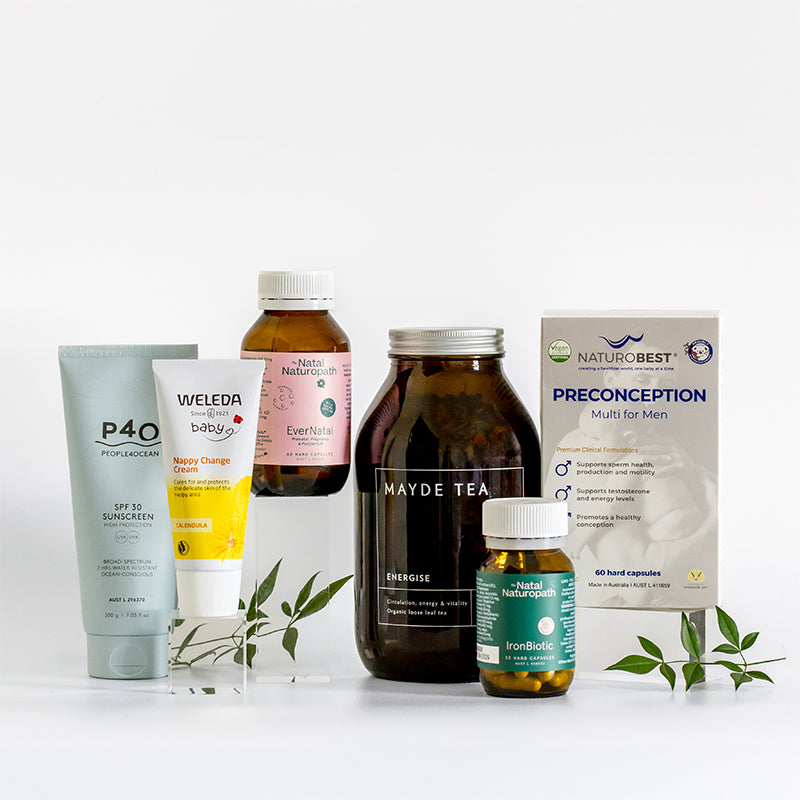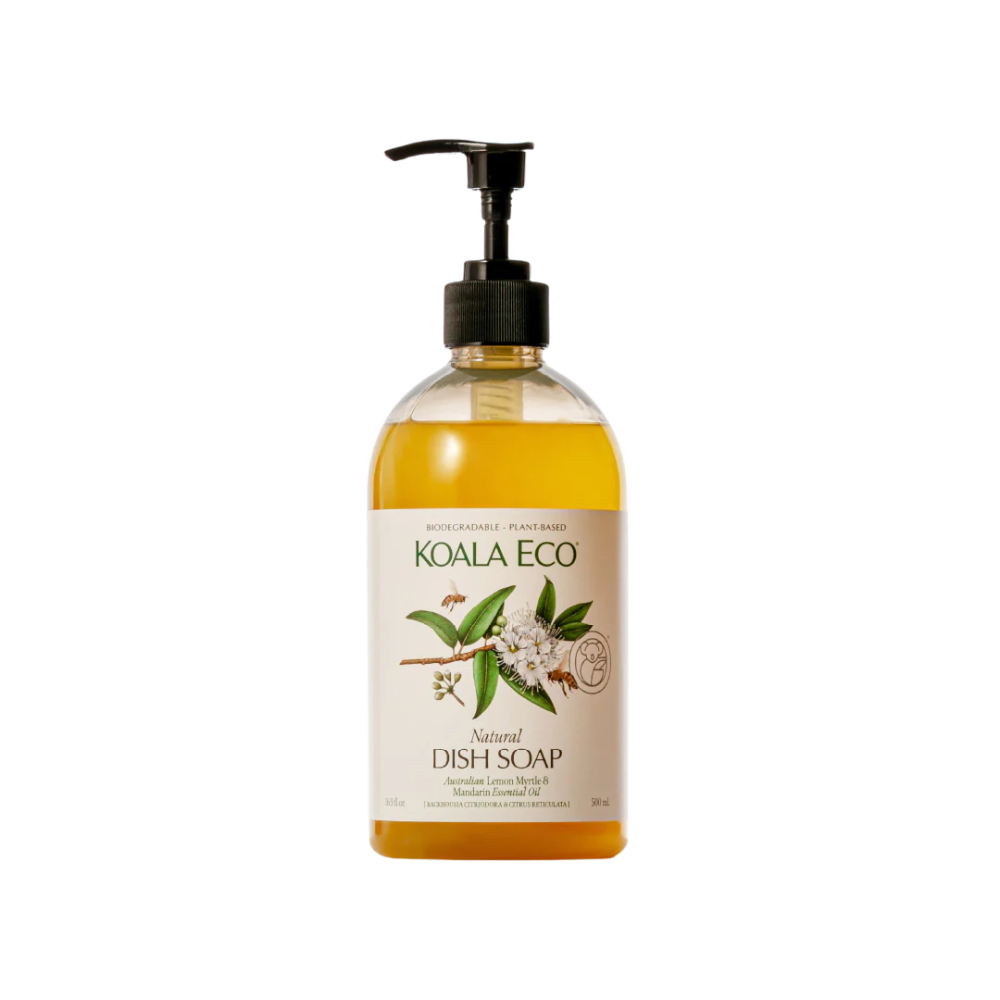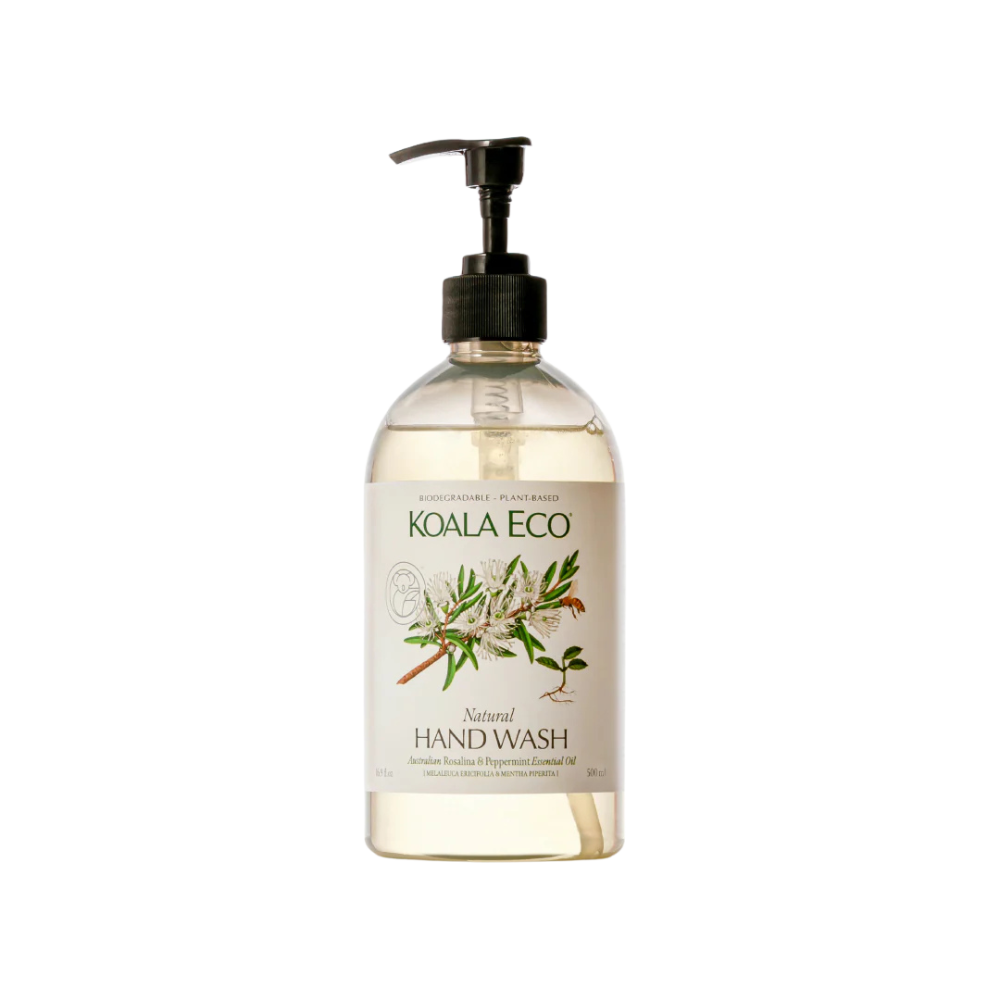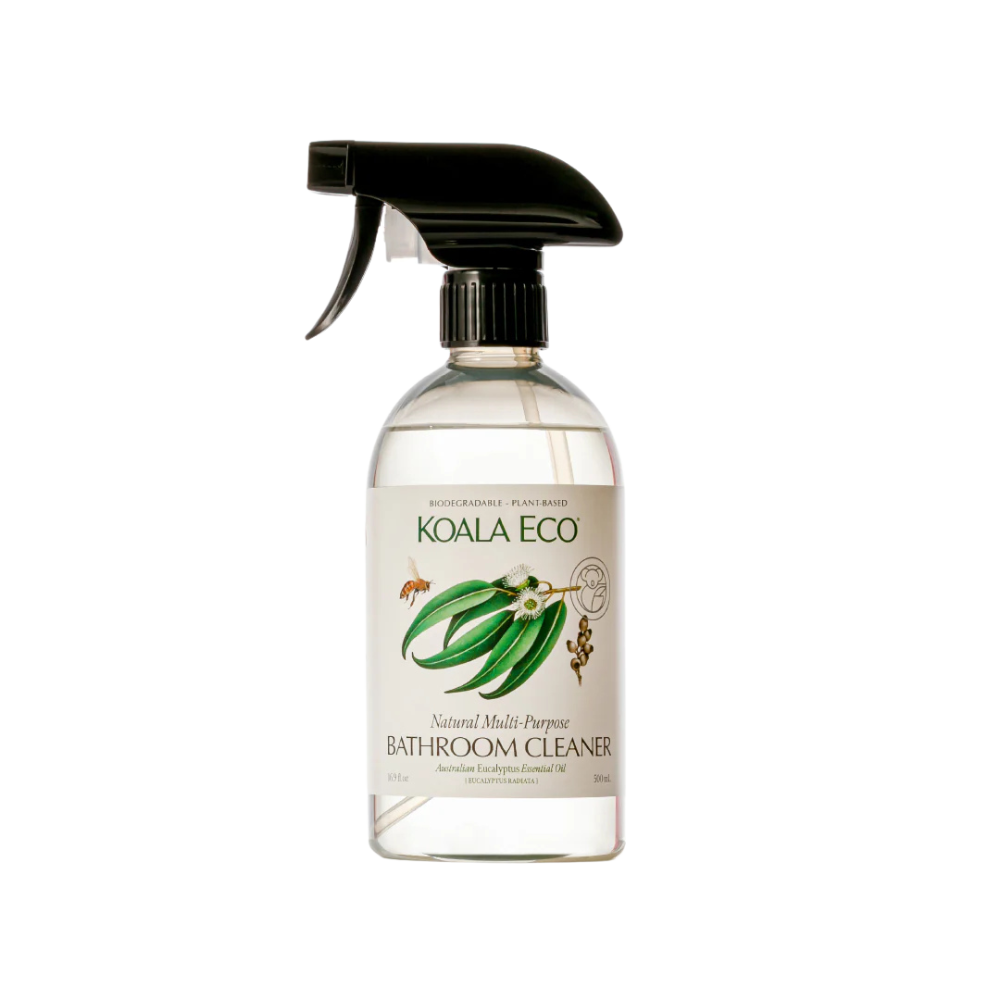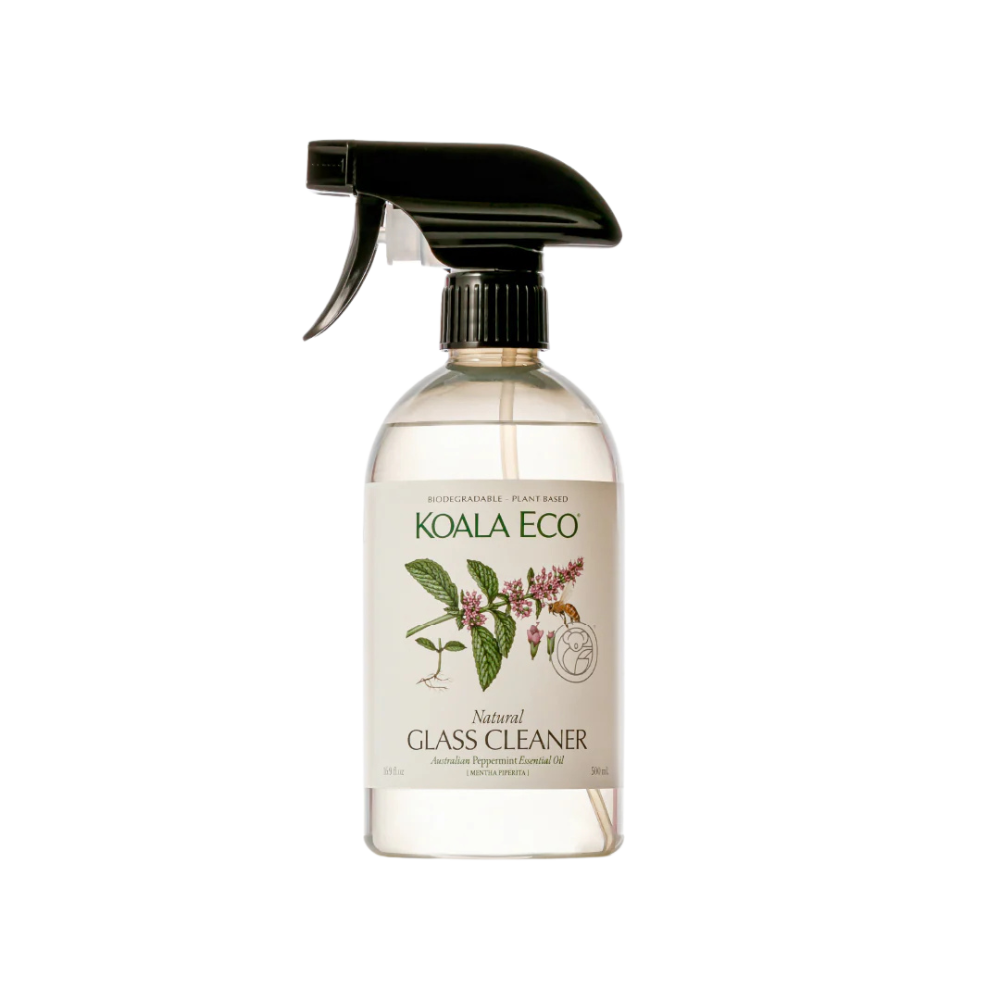Plastics, they are all around us, but are you aware of the hidden dangers to your health? In the modern era, plastics have become an integral part of our daily lives, from packaging materials to household items. However, the convenience of these synthetic materials comes with a hidden cost – one that affects not only the environment but also our health and hormonal balance. As a naturopath, it's my mission to shed light on the dangers of plastics and offer insights into how you can protect your well-being through conscious choices.
The Plastic Predicament
Plastics contain a cocktail of chemicals, many of which have been linked to adverse health effects. Bisphenol A (BPA), phthalates, and other plasticisers are notorious for their ability to leach into our food, water, and the air we breathe. Once inside our bodies, these chemicals can disrupt our endocrine system, leading to hormonal imbalances that may contribute to various health issues.
- Hormonal Havoc: The Endocrine Disruptors
Plasticisers such as BPA mimic hormones in the body, confusing our endocrine system and interfering with its normal functioning. This disruption can lead to hormonal imbalances, affecting reproductive health, thyroid function, and even increasing the risk of certain cancers. For those trying to conceive, minimising exposure to these endocrine disruptors becomes crucial.
- Fertility Foes: Impact on Reproductive Health
Studies have linked exposure to plastic chemicals with fertility issues in both men and women. For women, plastic-induced hormonal imbalances may disrupt menstrual cycles and ovulation, while men may experience a decline in sperm quality. As part of a natural approach to fertility, reducing exposure to plastics can be a proactive step towards supporting reproductive health.
- Ways to Reduce Plastic Exposure: A Naturopathic Approach
a. Choose Glass or Stainless Steel: Opt for glass or stainless steel containers for food storage and water bottles. These materials are free from harmful chemicals and provide a safe alternative to plastic.
b. Avoid Microwaving Plastic: Heat accelerates the release of chemicals from plastics. Choose glass or ceramic containers for microwaving food to prevent the leaching of harmful substances into your meals.
c. Mindful Food Storage: Store food in glass or ceramic containers instead of plastic. This helps minimise direct contact with plastic and reduces the chances of chemical transfer into your food.
d. Read Labels: Be a conscious consumer by reading product labels. Choose items that are labeled as BPA-free and look for alternative packaging options.
e. Natural Cleaning Products: Switch to natural cleaning products to reduce exposure to phthalates found in some conventional cleaning agents.
- Detoxify Your Body Naturally
Support your body's natural detoxification processes by staying hydrated, consuming fiber-rich foods, and incorporating detoxifying herbs into your diet. Dandelion root, milk thistle, and cilantro/coriander are examples of herbs that may assist in eliminating toxins from the body.
As a naturopath, my aim is to empower individuals to make informed choices that positively impact their health. By understanding the dangers of plastics and taking proactive steps to reduce exposure, you can safeguard your hormonal balance and support overall well-being. Embracing a lifestyle that minimises plastic use not only benefits your health but also contributes to a healthier planet for future generations. Make the switch to sustainable alternatives and take control of your health by detoxifying your life from the harmful effects of plastics.
I hope this helps, Jaime

